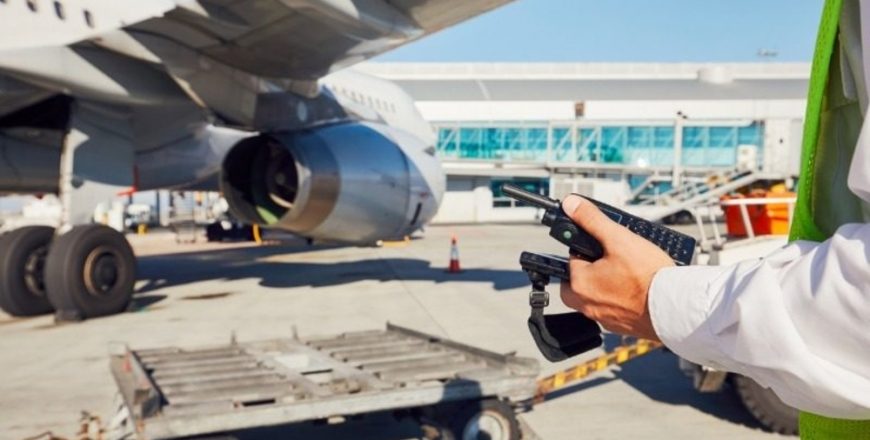
On an aviation ground operative apprenticeship course, you’ll help support aircraft’s safe arrival, turnaround, and departure.
An aircraft ground operator may work at a commercial airport, military base/aerodrome, heliport, or another airfield. You’ll be a part of the teams above and below the wing, ensuring the efficient and effective arrival, turnaround, and departure of aircraft via the use of five critical specialist positions that all work in unison with one another. Your everyday duties will revolve around safety, security, and adherence to aviation regulations.
As an apprentice, you will gain outstanding communication skills and the ability to work as part of a team to ensure that passengers, air traffic control, and staff moving, loading, unloading, and repairing a range of aircraft achieve their organization’s objectives in this diverse field.
Apprentices will also be expected to specialize in one of five critical areas: aircraft handling, aircraft mobility, firefighting, and maintenance.
What you’ll learn
On an aviation ground operative apprenticeship course, you’ll learn to:
- Contribute to the safety of oneself and others in one’s area of responsibility, such as airside/landside zones.
- Adhere to all applicable aviation laws, procedures, and regulations in your area of responsibility.
- Communicate effectively by sharing and receiving information and recording it as required.
- Work effectively as a team member and with others to understand and respond to the needs of others, such as colleagues, other organisations, or customers.
- Use aviation systems relevant to your role to get the desired outcome.
- Take the required action in the event of an incident, disruption, or emergency, coordinate with appropriate parties, and record actions and results as needed.
- Adhere to protocols for detecting and managing hazardous commodities in one’s domain of responsibility.
Entry requirements
You’ll usually need:
- Depending on the employer, but likely GCSEs or equivalent qualifications or relevant experience.
- Apprentices without level 2 English and maths will need to achieve this level before taking the end-point assessment.
Assessment methods
The End Point Assessment consists of three distinct assessment methods:
- On-demand test
- Observation
- Professional discussion
Duration, level, subjects and potential salary upon completion
- Duration: 12 months
-
Level: 2 – Intermediate Apprenticeship
- Relevant school subjects: Engineering
- Potential salary upon completion: £22,000 per annum
Apprenticeship standard
More information about the Level 2 Aviation Ground Operative Apprenticeship standard can be found here.
Apprenticeship end point assessment
For more information about the End Point Assessment Process, please read the Institute of Apprenticeships’ information page.
